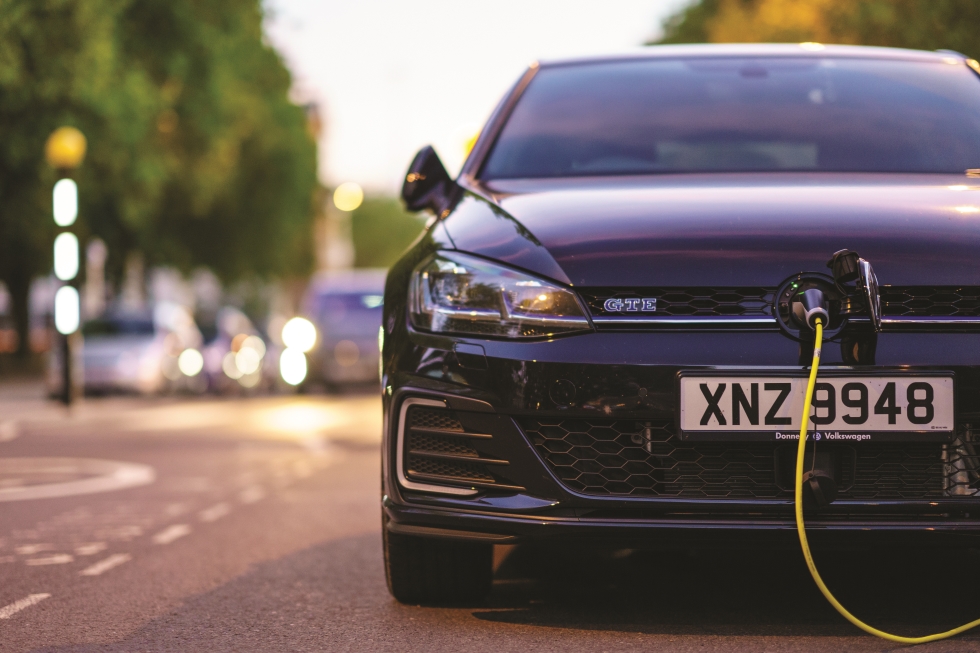Employers who provide their employees with vehicles they can use privately may benefit by moving to all electric vehicles. The financial benefits of electric vehicles may be too attractive to be ignored.
Not only are there some great tax efficiencies to be had by switching to pure electric company cars, there are environmental benefits by making the switch. Businesses could boost their environmental, social, and governance rating and reduce their carbon foot print. Taking all of this into consideration and with electric cars providing a much longer range than ever before, this makes them a viable option as a company car.
When it comes to tax, the beneficial reliefs and rates being introduced are to encourage us to behave in a more environmentally friendly way and as such, they won’t be around forever as more convert to the all-electric mode of transport. So if you are considering swapping to an electric vehicle, now might be the time to look into it further.
Income tax and NIC – Benefit in Kind
Whenever an employer provides a car which can be used privately by the employee a taxable benefit in kind arises which is subject to Income Tax for the employee and National Insurance for the employer. Typically the employer acquires the company car for their employee under a lease agreement.
The cash equivalent is calculated as a percentage of the car’s official list price published by the manufacturer. The more polluting the car the higher the percentage applied, with some cars giving rise to an annual benefit in kind charge as high as 37 % of the list price. In contrast an all-electric car benefit in kind is very low at 1% of list price for 2021/22 and 2% between April 2022 and March 2025.
For both employee and employer the saving could be significant. The employee may benefit from the use of an electric car at a 45% plus saving, while the employer saves Class 1A NIC.
Unlike providing fuel to an employee for their personal use, there will be no benefit in kind for the employee if they charge their company car at the workplace, even if they then use the charge for personal trips.
Charging equipment installed at the employee’s home and paid for by the employer will also not create a benefit in kind charge.
As the employee will pay for the electricity personally, then they will require some sort of reimbursement for the business miles they incur. For this there are a couple of ways in which the employee can get relief, either the employer can reimburse the cost of electricity using the Advisory Fuel Rates for company cars which allow a payment of 5p per mile tax-free for business miles, or the employee can claim tax relief at the same rate (although the value of the tax relief is worth less than a reimbursement).
Corporation Tax
Buying outright
Owner managed businesses may be considering upgrading company cars to new all electric versions. With 100% capital allowances available to be offset against the company profits in year one, going electric could prove to be very attractive.
It should be noted that 100% capital allowances are only available on new and unused cars which are zero emission or electric until 2025.
Leasing
Alternatively, the company may lease the car and offset the lease payments against its profits, in turn reducing the overall tax position.
Installing electric charging points
An employer paying to install new and unused electric charging equipment can claim 100% of the cost as a first-year capital allowance.
VAT
VAT can only be reclaimed on cars in limited circumstances. Firstly, if you buy the car outright and there is an element of personal use, the VAT cannot be recovered. However, if you lease an electric car, then despite there being private use of the vehicle you can reclaim 50% of the VAT on the financing element – i.e. the cost of the car. In addition, if you have a maintenance agreement on your electric car, then you can reclaim all of the VAT on the maintenance agreement.
Furthermore, where charging equipment is installed at your business premises, the VAT can be recovered in full.
Kate Thorburn is Private Client Tax Manager and can help with your personal tax-related queries, please feel free to call 01242 776000 or email tax@randall-payne.co.uk.



